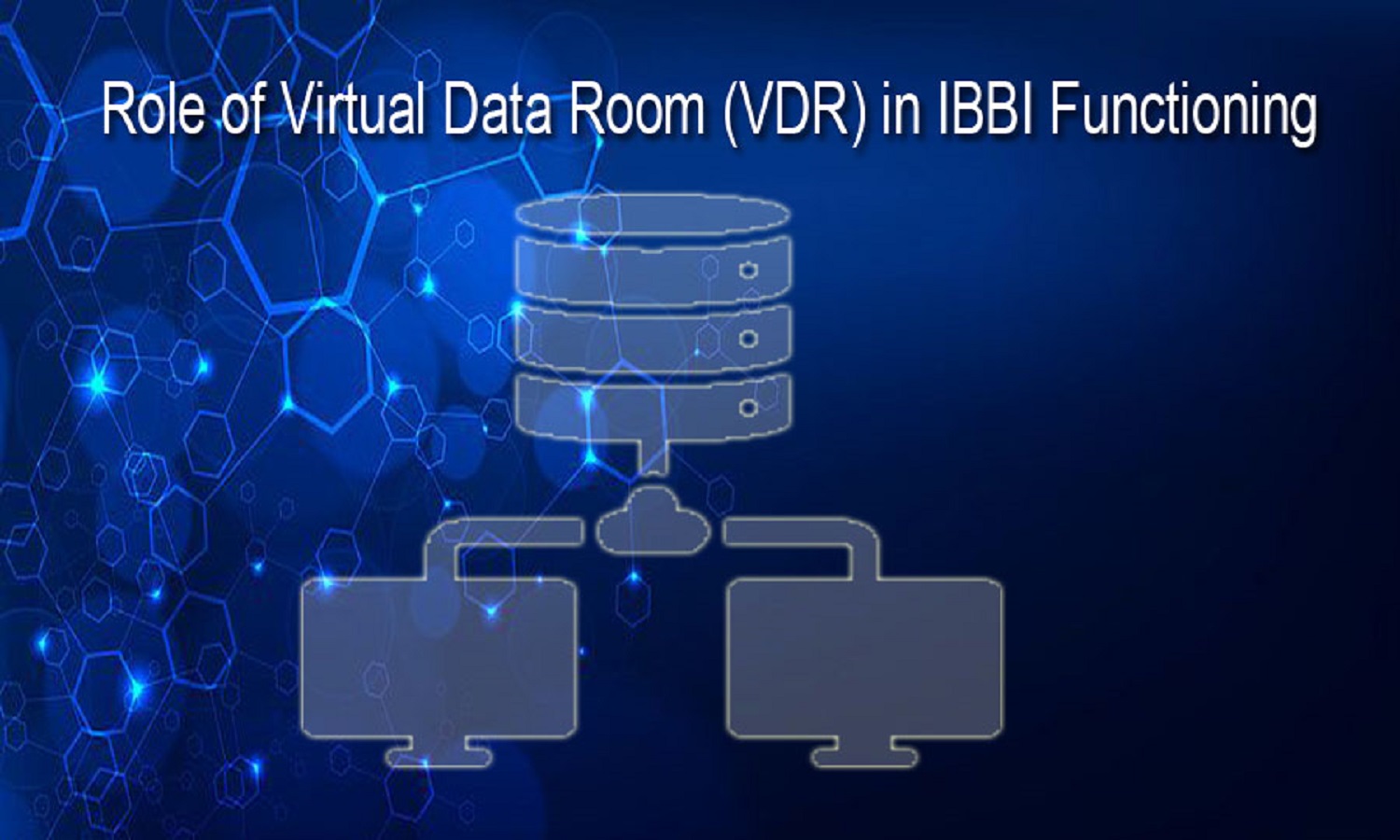Virtual Data Room (VDR) or Data Room is a need for today’s security dealings. Now, its need has tremendously expanded to different areas of the work process. Its use is not limited to any particular organization, as its security and cost-effective features helped the user to get rid of the traditional physical work process which is way more lengthy and stressful.
VDR performs well in almost every field whether it is for due diligence processes or mergers and acquisitions (M&A) and many more. Virtual data rooms have not only made room in private sectors but government sectors too. Even the data room or virtual data room has been defined under the IBBI regulations where “Data Room” means the virtual data room maintained by the Resolution Professional or any person on his behalf, created for Resolution Applicant(s) to access information about the Corporate Debtor under terms of the Confidentiality Undertaking.
Now to understand the concept of VDR in respect of IBBI we should be friendlier with the IBBI regulations. Let’s have a look at the concept of IBBI regulations.
Insolvency and Bankruptcy Board of India
IBBI or Insolvency and Bankruptcy Board of India came into existence on 1st Oct 2016 to manage and counter different bad loan cases reported by various lenders, which particularly included banks in India. The IBBI falls under Insolvency and Bankruptcy Code, 2016 and controls the profession as well as processes related to insolvency and bankruptcy.
IBBI came into existence because there was a lack of a properly organized association to deal with falling organizations and their liquidation. This havoc was creating mistrust amongst the stakeholders in the market & genuine people who required the credit were suffering out of it. This was also framed to support the falling organizations to stand again on their feet by rebuilding their credits so that they can repay them easily and make a fresh start.
Insolvency and Bankruptcy Code provided the legal framework to facilitate the resolution in such cases and is devoted to continuing building up this framework & related functions and professionals to give better resolutions.
Need to have secure VDR for IBBI
It’s admissible that with the existence of IBBI in 2016, the need for proper room to keep a check on the regular activities is in demand now. The Insolvency and Bankruptcy Board of India is the regulator for managing insolvency proceedings and entities like Insolvency Professional Agencies, Insolvency Professionals and Information Utilities in India. These activities require some software like VDR for IBBI that can work with its whole team instructed properly by its administrator.
In every deal, you need to carry a due diligence process before its success and it’s mostly used in the M&A transactions. The working of IBBI required a due diligence process and the area covered under this generally related to M&A transactions. For these processes, the virtual data room for IBBI is the most needed software.
VDR for IBBI has also been defined under the concept of RFRP regulations which is a part of IBBI regulations, 2016. It is a Resolution Plan which has been used to regulate the working of Resolution passed generally through Data Room now. Handling to managing the VDR for IBBI has already been mentioned in these regulations as well.
Summing up
You may find many VDR providers in the market but choosing the best among them is the most difficult task. Firmsdata virtual data room (VDR) for IBBI is one of the best VDR providers and it comes out clean with its client compliance & security features that eventually make it the most trusted VDR for IBBI.




